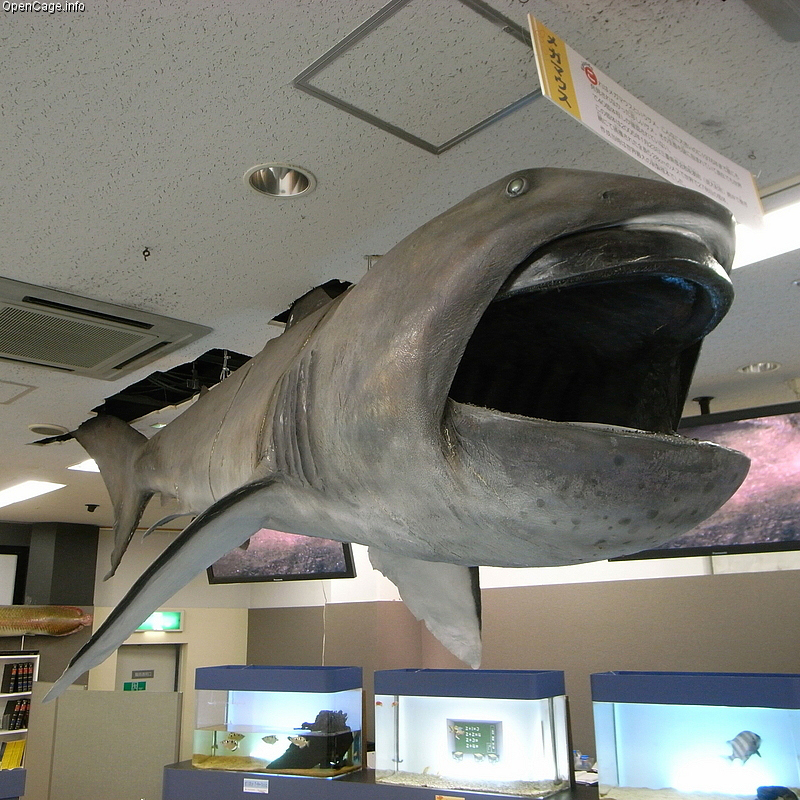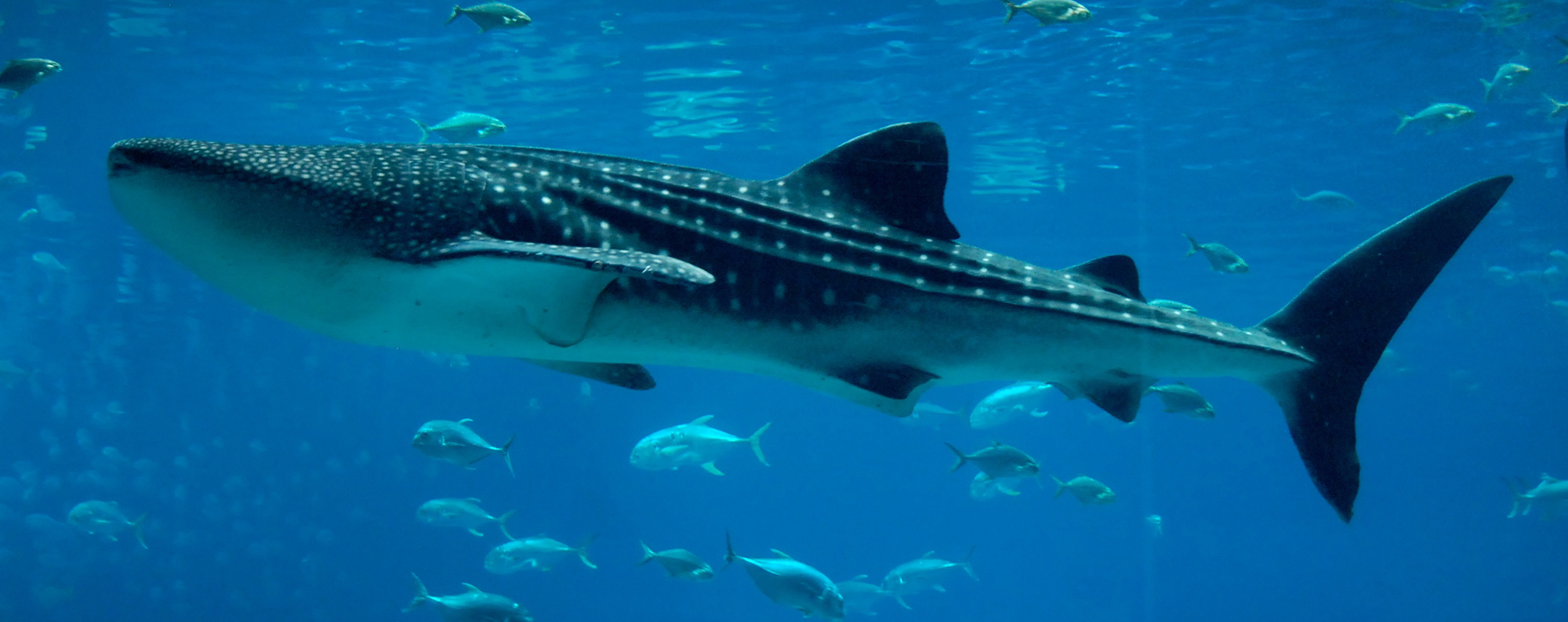 Njabulo Mdluli assists with zooplankton sampling off uThukela Banks. (Photo: Ocean Stewards)
Njabulo Mdluli assists with zooplankton sampling off uThukela Banks. (Photo: Ocean Stewards)
“So, what is it exactly you do?” I struggle to answer this question when someone from my rural village asks, especially if that person is, of my parents’ or grandparents’ age. But when I’m explaining to younger people, their eyes flicker with interest. They are eager to know more about ocean life. They are curious about sharks and diving.
I kept changing my mind about my career choice while I was growing up. In high school, I wanted to be in the medical sciences. Marine biology never made my list, probably because I had little exposure to the sea. I struggle to remember anyone at the career guidance exhibitions we attended mentioning nature conservation.
I grew up in Hambrook, a village near Bergville. Here, winter days are windy, dusty and cold. In the mornings, the Drakensberg mountains loom in the far south. Summers are scorching; rains are infrequent, but when it does, it rains very hard. Most of the village boys play soccer when out of school, but I spent most of my time in the river, fishing and swimming.
It was here, at the Ngcongcosi river, that I found my joy. Nothing beat seeing barbels bubbling underwater or a massive carp leaping out – sure signs I would catch something big. These days, the river doesn’t flow for much of the year and hooking a fish is rare. I believe my love for this small river ignited my interest in marine biology.
In Bergville, children visit the sea perhaps once in a few years, depending on their parents’ ability to pay for an excursion to Durban. We went to Durban to dip ourselves in the endless blue, salty water and have fun. Education was an afterthought – unless the tour took you to the aquarium at uShaka Sea World. Here you would get a glimpse of life under the ocean.
Until university, I knew little about ocean life. As for sharks, I knew them only as ferocious, mindless predators, waiting to devour humans whenever they got the chance.
Fear is a survival instinct. We are scared of what we don’t understand. Shark attack movies and all too many documentaries have made matters worse, perpetuating a message of fear rather than respect for sharks. Yet, the likelihood of a shark attack is tiny: you are more likely to die from a lightning strike; there is a higher chance of fatally choking on a hot dog. We need to move from fear to fascination, and for this, we need to learn about and understand sharks.
In an era when we kill over 100 million sharks a year, mainly due to unsustainable fishing, we need more captivating stories about these fabulous beasts, before we wipe them from the face of the Earth… and our storytelling needs to throw the net wider.
The great white is the most famous shark in the world. The adjective “great” might make you think they are the biggest of all sharks, but this is not so. Great whites, tiger and bull sharks get a lot of media screen time. But the three have 500 or more cousins, and scientists are discovering new species.
When it comes to sheer size, the whale, basking and megamouth sharks leave the great white in their wake. They are the biggest sharks and can teach us a lot about how gentle sharks can be.
The whale shark, Oh, boy! It ticks all the boxes you would expect of a fantastic beast of the seas. First of all, its name is a bit perplexing. Is it a whale, is it a shark or a fish? We believe they got their name from their gigantic size. They top the scale at about 20 tons and reach an astounding 18m in length.
Whale sharks
Whale sharks are the largest extant fish species (the extinct megalodon was more massive). Yes, all sharks are fish, but not all fish are sharks. The white spots on their dark grey skin make them unmistakable to divers (whale sharks don’t mind sharing space with divers). Just as our fingerprints are unique, the patterns of these spots are unique too, and scientists use them to identify individual sharks. Whale sharks like their swimming water warm – they are found in all tropical oceans. Much is still to be learned about their reproductive behaviour.
The basking shark
 Basking sharks are second in the fish and shark size stakes, reaching up to 10m. They feed on plankton. (Photo: Greg Skomal / NOAA Fisheries Service/Wikimedia)
Basking sharks are second in the fish and shark size stakes, reaching up to 10m. They feed on plankton. (Photo: Greg Skomal / NOAA Fisheries Service/Wikimedia)
Second in the fish and shark size stakes is the basking shark. These gentle giants reach up to 10m. Their name says a lot about just how super-chilled basking sharks are. From afar, you might confuse them with their closest relatives, the feared great white sharks. Basking sharks have the smallest brain size in proportion to their body mass of all sharks. They like their swimming water a bit cooler as they occupy temperate oceans. There is a lot to be learned about their reproduction too.
Megamouth sharks
 Rare and rarely seen live, this exhibit of a megamouth shark is at the Toba Aquarium in Japan. (Photo: opencage/Wikimedia Commons)
Rare and rarely seen live, this exhibit of a megamouth shark is at the Toba Aquarium in Japan. (Photo: opencage/Wikimedia Commons)
Megamouth sharks don’t measure up to the whale and basking sharks in sheer size, managing at most 5m in length. This shark gets its name from its distinctively oversized mouth. But they are among the most elusive sharks in the world and are seldom seen. Since their discovery in 1976, scientists have documented fewer than 100 specimens. They prefer to live in the deeper and darker depths of the ocean and are wide-ranging, adding to their elusiveness.
Feeding on zooplankton
These three giants all feed on zooplankton, tiny animals that drift in the ocean and in turn feed on plant-like drifters called phytoplankton. It’s not what you might expect. After all, on land, the big cats such as lions hunt wildebeest and zebras. And it would be very awkward to see them hunting for insects. But the ocean operates by its own different rules and these three sharks reverse the story of David and Goliath.
The three zooplanktivorous sharks spend most of their time gliding slowly through the ocean, mouths wide open as they filter their microscopic meals through their gills. So, there is no reason to fear these sharks – human flesh is not on their menu.
In the ocean, the whale, basking, and megamouth sharks have few predators. Orcas and other sharks usually take advantage of weak and smaller individuals. Humans are the main threat to these gentle giants.
Environmental organisations are leading a growing number of awareness campaigns, and in many countries a host of shark species are protected. But shark populations around the world continue to decline. Sharks are overfished to meet the high demand for shark fin soup in Asia. They get entangled in lost fishing gear, known as ghost fishing nets, and fisheries unintentionally catch them while targeting other species. Globally, a quarter of all sharks and rays are listed as threatened in the IUCN red list.
Sharks have been on Earth for over 400 million years, modern humans only 200,000 years. When you consider the damage we have done, you might conclude that we don’t respect our elders.
You might not be a fisherman, a consumer of shark fin soup or an ocean enthusiast, like me. But we all have an impact on the environment in many ways that are hard to imagine, and everyone can be an advocate for a healthy ocean where sharks thrive. Simple things, like not littering, learning about sharks and eating sustainably harvested seafood, can make a difference. We need sharks to keep our ocean healthy. And through ecotourism, sharks generate income.
So, how do we inspire young South Africans from poor communities to pursue a career in nature conservation, and to care about shark conservation? Giving them some experience of these careers would be a good start. We need to do this if we are to switch young people on to conservation and sustainable development.
I had doubts about a career in marine biology, but my point of view changed when I joined a programme that provides marine biology students with experiential learning. It took me to sea on a research vessel, the Angra Pequena, for the first time, in the third year of my studies. I assisted scientists on board and saw life on the ocean floor through a remotely operated underwater vehicle.
This gave me hope that I had made the right career choice. Experiencing marine science at sea changed me from a boy who loved fishing in the river to an enthusiast for nature conservation and our oceans. – Roving Reporters. DM
Mdluli is a University of KwaZulu-Natal Masters student. He was one of seven winners in a recent writing competition on sharks and rays run by Roving Reporters. The competition was supported by WildOceans, a programme of the WildTrust, which facilitated access to conservation-minded youth keen to share their passion and develop writing skills with mentorship from Roving Reporters. Mdluli is a member of the Ocean Stewards initiative, a WildOceans programme, which arranged for him to join the Angra Pequena research vessel. His research focuses on the effect of submarine canyons in zooplankton communities. He is an aspiring nature photographer specialising in insect macrophotography, and a volunteer at uShaka Seaworld Education Centre. The opinions and views expressed in this Roving Reporters Ocean Watch series are not necessarily those of the WildTrust.




 Rare and rarely seen live, this exhibit of a megamouth shark is at the Toba Aquarium in Japan. (Photo: opencage/Wikimedia Commons)
Rare and rarely seen live, this exhibit of a megamouth shark is at the Toba Aquarium in Japan. (Photo: opencage/Wikimedia Commons)